Do business Macs still need to run Windows?
ComputerWorld IT Management
MAY 18, 2023
In January 2006, Apple took an important step toward success in the business world — it began to transition the Mac onto Intel processors. In so doing, the company paved the way for Macs to natively run Windows and Windows applications. To read this article in full, please click here

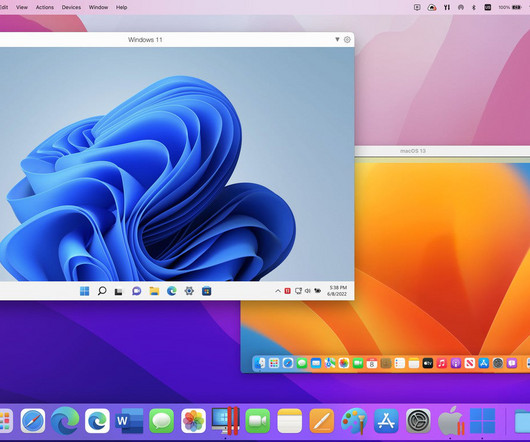
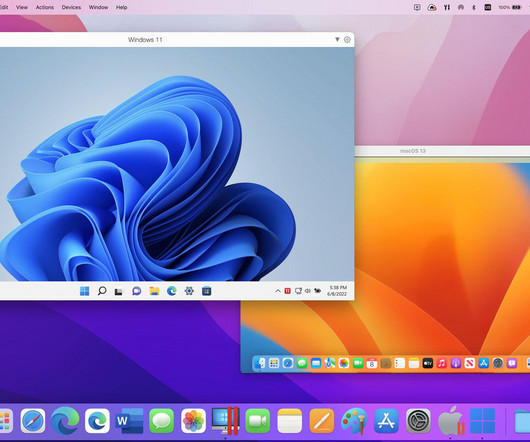

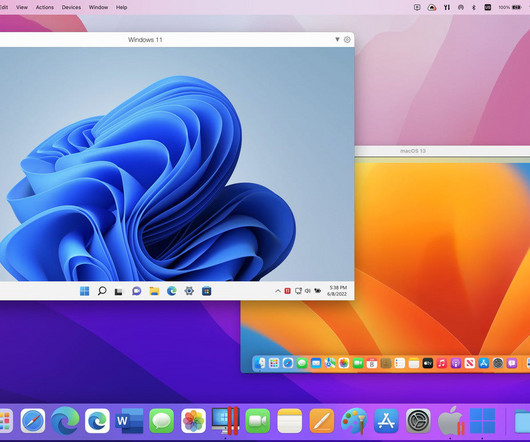
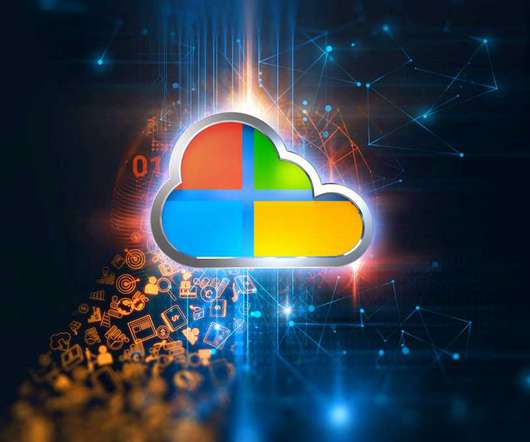
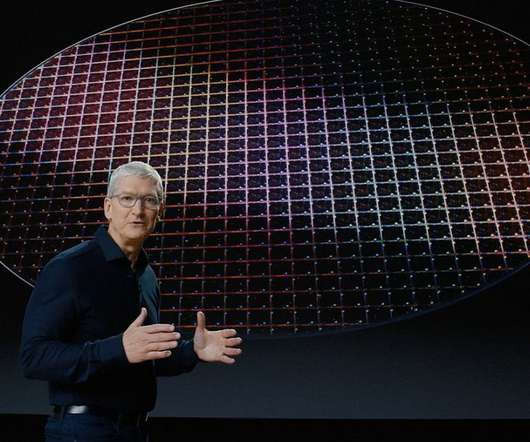

























Let's personalize your content